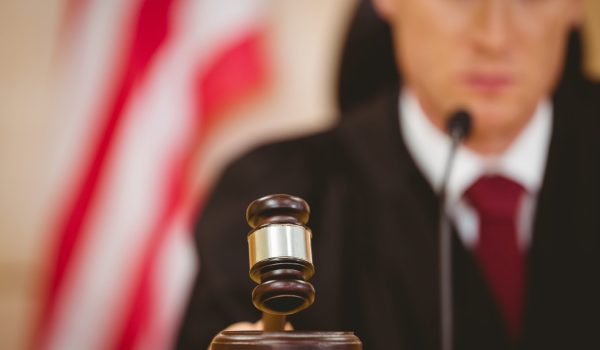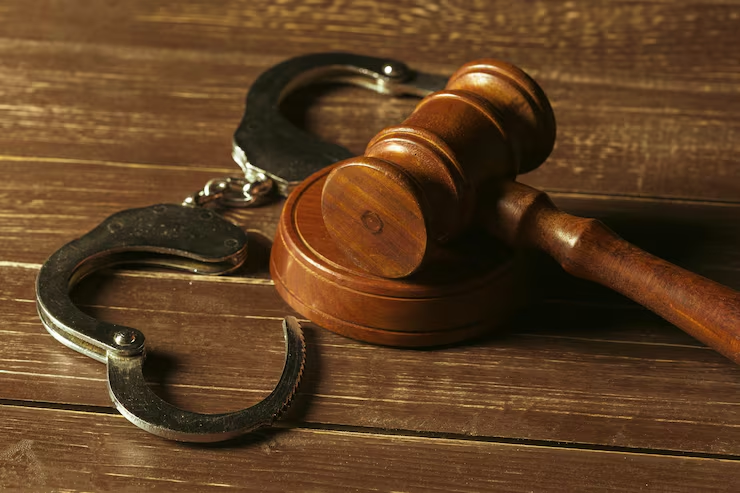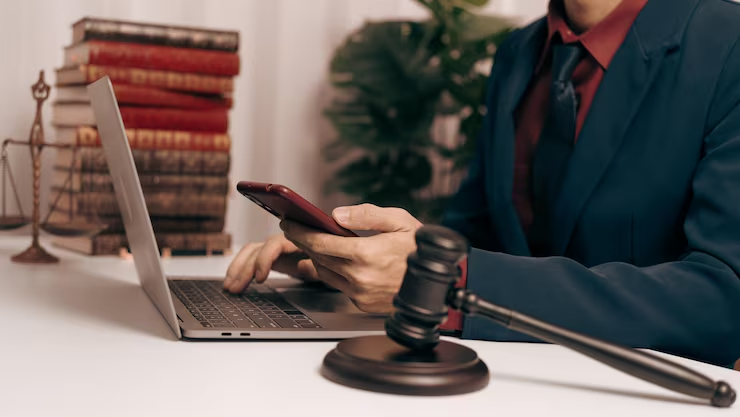In the Indian judicial system, advocates hold a position of great responsibility. As officers of the court, their role extends beyond representation—they are custodians of justice, ethical standards, and constitutional values.
Among the legal hubs of central India, Bhopal and Indore have emerged as leading centers for litigation before the Supreme Court of India, with many eminent advocates ensuring access to justice not only for paying clients but also through pro bono representation for marginalized groups.
In this context, the work of Chansoriya Law Chambers, Bhopal, stands as a prominent example of professional excellence combined with social commitment, offering pro bono assistance in matters before the Supreme Court.
Advocates as Pillars of the Judiciary
The judiciary functions effectively only when supported by competent advocates. The Advocates Act, 1961 and rulings of the Supreme Court emphasize that lawyers are not mere representatives but equal partners with judges in the administration of justice.
A lawyer’s duties include:
Upholding the integrity of the legal profession.
Assisting courts with fairness and competence.
Ensuring clients’ rights are protected while preventing misuse of judicial processes.
As judicial pronouncements remind us, “Law is no trade, briefs no merchandise.”—a reflection that advocacy is a noble profession, not a business.
Top Supreme Court Advocates in Bhopal & Indore
Advocates from Bhopal and Indore have consistently contributed to shaping constitutional and legal discourse at the national level. They are widely recognized for handling:
Complex constitutional disputes
Service matters
Criminal appeals
Civil disputes
Many have argued landmark cases before the Supreme Court and High Courts, influencing precedent-setting judgments. Their recognition stems not only from legal acumen but also from ethical responsibility, as reflected in In Re: Rameshwar Prasad Goyal, Advocate (AIR 2014 SC 850), where it was stressed that lawyers are equal partners with judges in delivering justice.
Pro Bono Work and Access to Justice
One of the noblest aspects of advocacy is ensuring justice is not denied due to financial hardship. The right to legal aid is guaranteed under Article 21 of the Constitution, and advocates are bound by professional ethics to support litigants in distress.
Chansoriya Law Chambers, Bhopal, has taken notable steps in this direction by providing pro bono representation in the Supreme Court of India. This effort bridges the gap between disadvantaged citizens and the justice system.
Examples of pro bono involvement:
Representing marginalized communities in constitutional rights cases.
Protecting individuals from fundamental rights violations matters.
Offering free consultation and representation in select Supreme Court cases where justice demands intervention.
Advocates and Constitutional Duties
Supreme Court advocates from Bhopal and Indore embody the constitutional vision of equal access to justice. Judicial pronouncements have repeatedly observed that every accused and every litigant deserves legal representation, regardless of financial capacity.
Cases such as Md. Sukur Ali vs. State of Assam (2011) highlight that criminal trials cannot proceed without counsel, reinforcing the principle that justice demands effective representation. Advocates who undertake pro bono matters serve a vital role in fulfilling this constitutional mandate.
Conclusion
The legal fraternity in Bhopal and Indore, particularly advocates practicing before the Supreme Court of India, continues to uphold the highest traditions of the Bar. Through their dedicated practice, ethical conduct, and pro bono contributions, they reinforce the foundations of democracy and the rule of law.
In particular, Chansoriya Law Chambers, Bhopal, demonstrates how professional excellence can merge with social responsibility, ensuring that justice remains a constitutional guarantee for all, not merely a privilege for a few.





